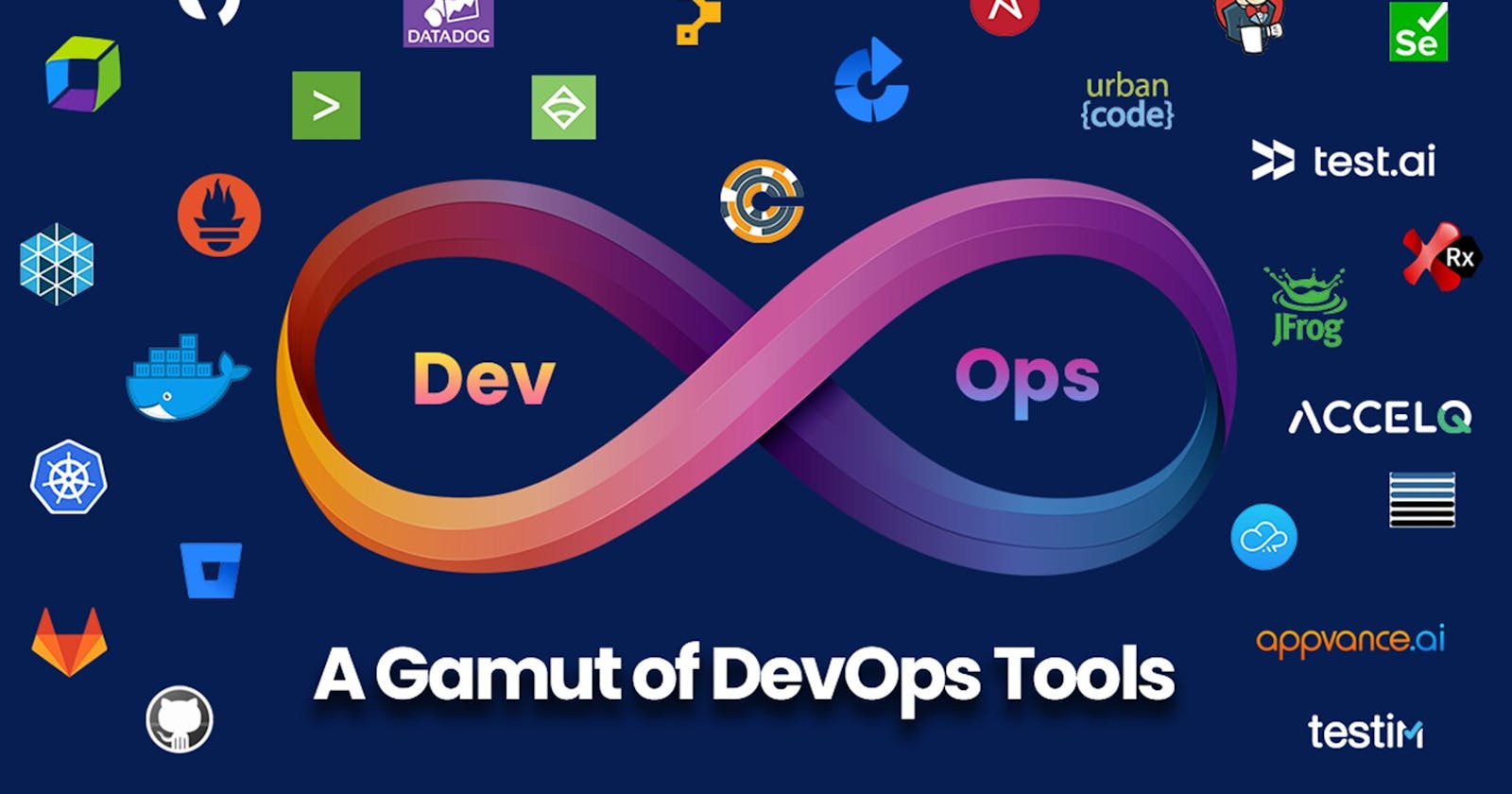Day-22 | Project Management tools for DevOps | What a DevOps Engineer does in the first week ?
Project Management Tools for DevOps:
Jira: Jira is a widely used project management and issue tracking tool. It allows teams to plan, track, and manage software development projects.
Trello: Trello is a simple and visual project management tool that uses boards, lists, and cards to organize tasks and collaborate with teams.
Asana: Asana is a versatile project management tool that enables teams to organize their work, track progress, and manage projects effectively.
GitLab: GitLab is not just a version control system but also a complete DevOps platform. It includes features for source code management, continuous integration, and continuous delivery (CI/CD).
GitHub: GitHub is a web-based platform that hosts version control repositories using Git. It's widely used for collaborative software development and integrates with many other tools.
Bitbucket: Bitbucket is another platform for hosting Git repositories, providing features like pull requests, branching strategies, and integration with CI/CD pipelines.
Confluence: Confluence is a collaboration tool that allows teams to create, share, and collaborate on documentation. It's useful for keeping project documentation organized and accessible.
Azure DevOps: Microsoft Azure DevOps provides a set of development tools, including version control, build automation, release management, and more. It integrates seamlessly with Azure services.
CircleCI: CircleCI is a CI/CD platform that automates the software development process. It supports multiple programming languages and provides a configurable pipeline.
Jenkins: Jenkins is an open-source automation server used for building, testing, and deploying code. It supports the automation of any repetitive task in the software development process.
DevOps Engineer's First Week:
Onboarding: The first week often involves onboarding sessions to get acquainted with the company's culture, policies, and tools.
Environment Setup: DevOps engineers need access to various tools and environments. Setting up development, testing, and production environments might be part of the first week's tasks.
Version Control System Familiarization: Understanding and getting hands-on experience with the version control system used by the organization (e.g., Git) is crucial.
Tool Familiarization: DevOps engineers typically need to become familiar with the tools and platforms used for CI/CD, automation, monitoring, and collaboration.
Code Review Process: Learning and participating in the code review process to understand the quality and standards expected in the codebase.
CI/CD Pipeline Understanding: Gaining insights into the organization's CI/CD pipeline and understanding how code is built, tested, and deployed.
Infrastructure as Code (IaC): If the organization uses Infrastructure as Code tools (e.g., Terraform, Ansible), the engineer may start working with these to understand and manage infrastructure.
Meetings and Collaboration: Participating in team meetings and collaborating with other team members to understand ongoing projects and priorities.
Documentation Review: Reviewing documentation related to existing processes, infrastructure, and best practices.
Shadowing: Spending time shadowing experienced team members, observing workflows, and asking questions to gain a deeper understanding of the organization's DevOps practices.

